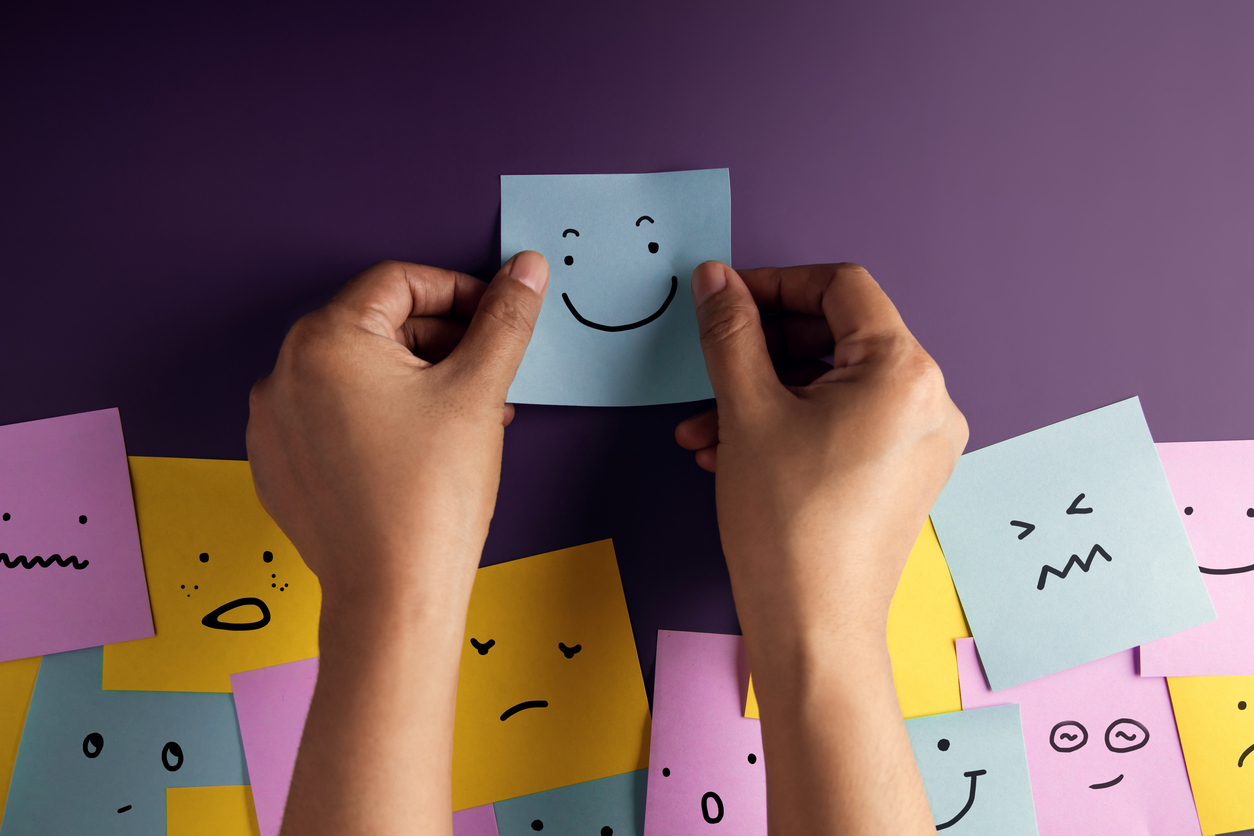
Mental health is just as crucial as physical health in maintaining a balanced and fulfilling life. Yet, it’s often overlooked or stigmatized, causing many people to suffer in silence. Recognizing the signs of mental health struggles and seeking help early can make a significant difference in your well-being. In this article, we will explore the importance of mental health, the common signs of mental health issues, and how to seek help when you need it.
Why Mental Health Matters
Mental health refers to your emotional, psychological, and social well-being. It influences how you think, feel, and act, impacting your ability to handle stress, make decisions, and maintain relationships. Just like physical health, mental health fluctuates, and everyone experiences emotional highs and lows. However, chronic mental health issues can severely impact your daily life and overall quality of living.
Mental health affects:
- Relationships: Emotional health can shape how you interact with family, friends, and colleagues.
- Physical health: Mental health and physical health are closely linked, as chronic stress or depression can lead to physical ailments like headaches, digestive issues, and weakened immune function.
- Productivity and focus: Poor mental health can affect your ability to concentrate, make decisions, and complete daily tasks effectively.
Prioritizing mental health leads to improved emotional resilience, better relationships, and a higher quality of life.
Recognizing the Signs of Mental Health Struggles
Mental health issues can manifest in various ways, and recognizing the signs early can help you or a loved one take steps toward healing. While everyone feels sad or anxious occasionally, persistent or severe symptoms might indicate a deeper issue that needs attention.
1. Changes in Mood or Behavior
One of the earliest signs of mental health struggles is a noticeable shift in mood or behavior. This may include:
- Irritability or anger: Feeling unusually short-tempered or angry over small things.
- Sadness or hopelessness: Persistent feelings of sadness, worthlessness, or emptiness.
- Mood swings: Frequent changes in mood, from extreme highs to extreme lows.
- Social withdrawal: Avoiding friends, family, or activities that were once enjoyable.
2. Physical Symptoms
Mental health issues often manifest physically, affecting your body in surprising ways:
- Fatigue: Feeling constantly tired despite getting enough rest.
- Sleep problems: Insomnia, sleeping too much, or experiencing restless sleep can be a sign of emotional distress.
- Headaches or body aches: Unexplained aches and pains may be linked to stress, anxiety, or depression.
- Appetite changes: Eating too much or too little, or experiencing a loss of interest in food.
3. Difficulty Concentrating
Struggling to focus, make decisions, or stay organized can also signal mental health challenges. People dealing with mental health issues may feel overwhelmed by daily tasks or find it difficult to concentrate on work, studies, or even conversations.
4. Increased Anxiety or Worry
While occasional anxiety is normal, persistent or overwhelming worry can interfere with your daily life. Signs of anxiety include:
- Constant worry: Feeling on edge or expecting the worst outcome in any situation.
- Racing thoughts: Having trouble controlling or stopping negative or fearful thoughts.
- Physical symptoms: Sweating, rapid heartbeat, and shortness of breath are common physical signs of anxiety.
5. Substance Use or Self-Harm
Some people may turn to alcohol, drugs, or self-harm as a way to cope with their emotions. These behaviors can worsen mental health problems over time and should be addressed immediately.
Warning signs include:
- Drinking or using drugs more frequently or in larger amounts.
- Engaging in self-harm or reckless behaviors as a way to cope with emotional pain.
Seeking Help: Where to Start
If you or someone you know is experiencing any of the signs above, it’s important to seek help. Addressing mental health issues early can prevent them from worsening and provide relief through appropriate treatments.
1. Talk to Someone You Trust
Opening up to a friend, family member, or partner can be an important first step. Sharing your feelings with someone who cares about you can provide emotional support and help you feel less alone.
2. Consult a Mental Health Professional
Therapists, counselors, and psychologists are trained to help people manage their mental health. They can offer guidance, therapy, and coping strategies to address your specific challenges. Here are a few common types of therapy:
- Cognitive Behavioral Therapy (CBT): Focuses on changing negative thought patterns and behaviors.
- Talk therapy: Provides a safe space to explore feelings and emotions in a structured environment.
- Mindfulness-based therapy: Uses mindfulness techniques to reduce stress and anxiety.
Pro tip:
- Many therapists offer sliding-scale fees based on income, and some may provide online therapy, making mental health care more accessible.
3. Consider Medication
For some individuals, medication may be necessary to manage mental health conditions like depression, anxiety, or bipolar disorder. Consult with a psychiatrist or doctor who can prescribe medications and help you understand the benefits and potential side effects.
Common medications include:
- Antidepressants: Used to treat depression and anxiety.
- Mood stabilizers: Help manage mood swings associated with bipolar disorder.
- Anti-anxiety medications: Can provide short-term relief for anxiety symptoms.
4. Join Support Groups
Connecting with others who are going through similar struggles can be comforting and empowering. Support groups provide a sense of community and can offer insights into coping strategies that have worked for others. Many mental health organizations, both locally and online, offer group therapy and peer support groups.
5. Practice Self-Care
While professional help is essential, practicing self-care is equally important for managing mental health. Incorporating simple habits into your routine can support emotional well-being and prevent burnout.
Self-care ideas:
- Exercise regularly: Physical activity can boost your mood by releasing endorphins, the brain’s natural feel-good chemicals.
- Sleep well: Aim for 7-9 hours of sleep per night, as sleep is crucial for emotional and physical health.
- Eat a balanced diet: Nourish your body with foods rich in nutrients like omega-3s, vitamins, and minerals to support brain health.
- Set boundaries: Prioritize your well-being by setting limits on work, social obligations, or anything that causes excessive stress.
When to Seek Emergency Help
If you or someone you know is in crisis or experiencing suicidal thoughts, seek immediate help. Suicidal thoughts are a serious symptom of mental health issues and require urgent attention.
What to do:
- Call emergency services or go to the nearest emergency room if you or someone you know is in immediate danger.
- Contact a suicide prevention hotline, such as the National Suicide Prevention Lifeline (1-800-273-TALK), which provides confidential support.
Mental health is an integral part of your overall well-being, and recognizing the signs of mental health struggles is the first step toward healing. By seeking help early, whether through therapy, support groups, or medication, you can manage your mental health effectively and improve your quality of life. Don’t hesitate to reach out to a professional or loved one if you need support—mental health care is essential, and you don’t have to go through it alone.







